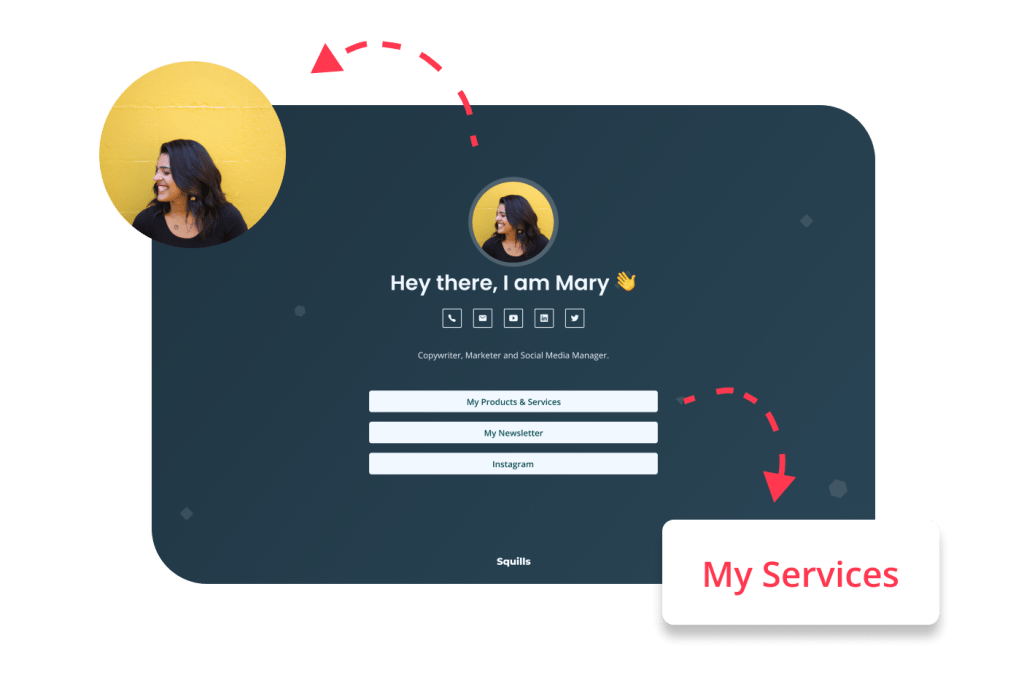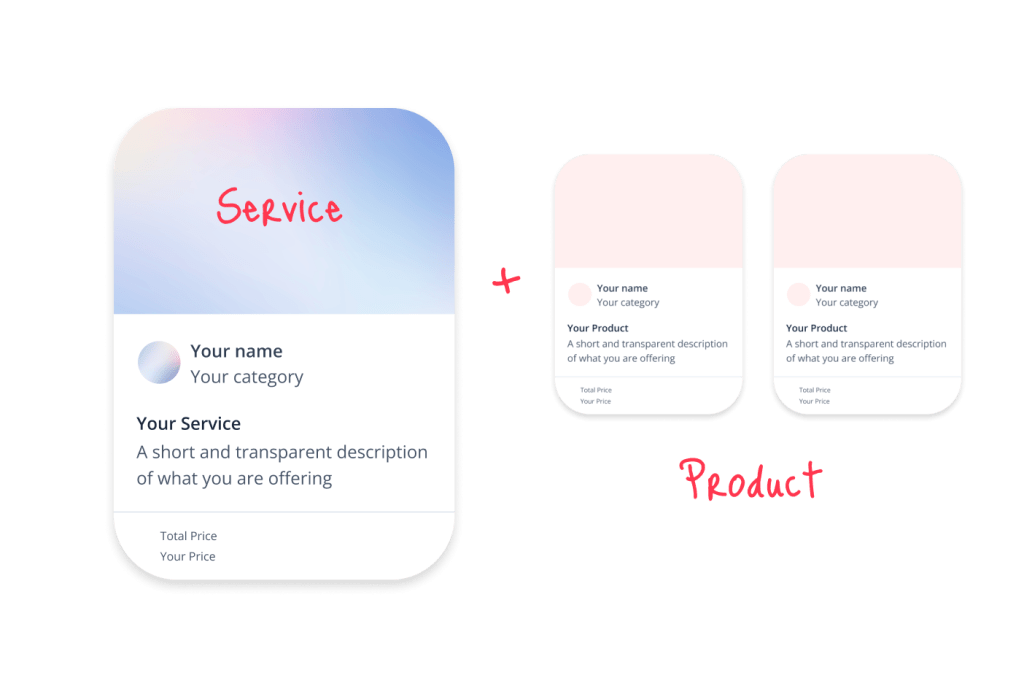Do you want to grow your coaching business? It can be an exciting and rewarding process, but it can also be intimidating if you don’t know where to start. Building a strong online presence and nurturing relationships with clients are two key strategies that can help you take your business to new heights.
1. Optimize your Website
Having a website and social media accounts is essential for any business in today’s digital age, but it’s especially important for coaches. Your website should be a hub for all of your online activity, and it should clearly communicate your services, expertise, and unique value proposition. Make sure to include a professional headshot and bio, as well as testimonials from satisfied clients. Learn how you can create your own landing page.

2. Leverage Social Media
In addition to your website, you should also be active on social media platforms like LinkedIn, Facebook, and Instagram. These platforms can help you connect with potential clients and showcase your coaching style and expertise. Just be sure to keep your content relevant, engaging, and authentic. To leverage social media in your coaching business, here are some steps you can follow:

Identify the social media platforms that your target audience is most active on.
For coaches, LinkedIn and Facebook are typically good choices, as well as Instagram if you want to showcase a more personal side of your business.
Set up professional accounts on these platforms and complete your profile and bio information.
Make sure to include a link to your website and any other relevant links, such as your email or a booking calendar.
🎨
Determine the types of content that you want to share on social media.
This could include blog posts, quotes, videos, and other resources that showcase your expertise and add value for your followers.
📅
Create a content calendar to plan out your social media posts in advance.
This will help you stay organized and ensure that you are consistently posting relevant content.
🌎
Engage with your followers and other industry professionals on social media.
This means responding to comments and messages, liking and commenting on other people’s posts, and sharing relevant content from other sources.
📈
Track your social media performance using tools like Facebook Insights and LinkedIn Analytics.
This will help you understand what types of content are resonating with your audience and how you can improve your strategy.

For example, let’s say you’re a business coach and you want to use LinkedIn to connect with potential clients. You could start by sharing blog posts and articles that provide valuable insights and tips for entrepreneurs. You could also participate in LinkedIn groups related to your industry and engage with other professionals by commenting on their posts and sharing your own expertise. By building a strong online presence and actively participating in relevant conversations, you can establish yourself as a thought leader and attract potential clients to your coaching business.
3. Extend your Coaching Business by offering additional Resources
Another important aspect of growing a coaching business is focusing on building relationships with clients. This means going above and beyond to meet their needs and exceed their expectations. Consider offering additional resources, such as e-books or webinars, or hosting events or workshops to provide even more value to your clients.

For example, let’s say you’re a career coach and you want to offer additional resources to help your clients find and land their dream job. You could create an e-book that provides tips and strategies for building a winning resume, networking effectively, and acing job interviews. You could also host a webinar on the topic of career advancement, where you share your expertise and provide actionable advice for attendees.
By offering these types of resources, you can demonstrate your expertise and provide even more value to your clients. This can help you stand out in a crowded market and attract new business to your coaching practice.
In addition to e-books and webinars, you could also consider hosting events or workshops to provide even more value to your clients. For example, you could host a half-day workshop on goal setting, or a weekend retreat on leadership development. These types of events can be a great way to build deeper relationships with your clients and provide them with even more value.






